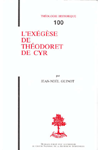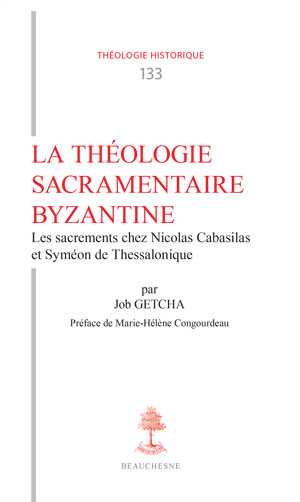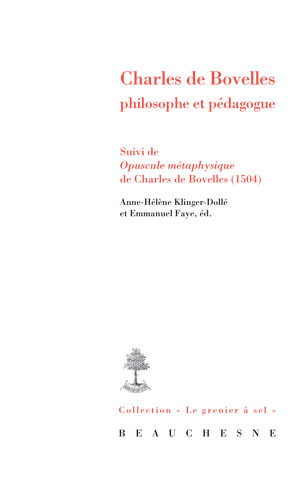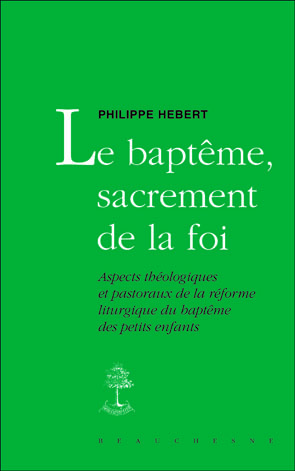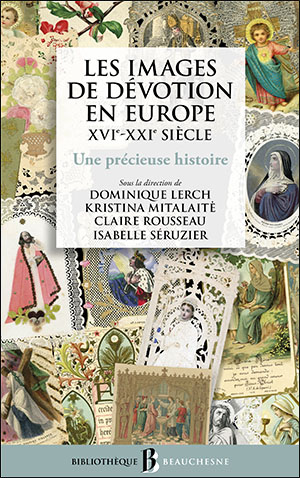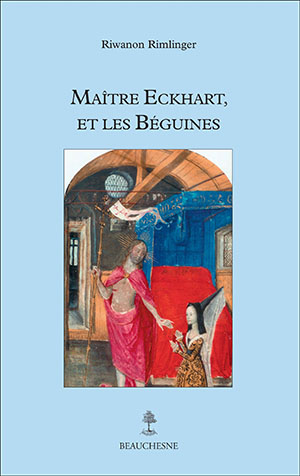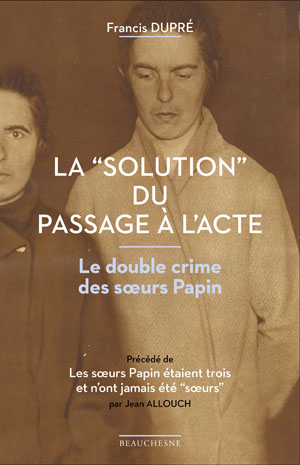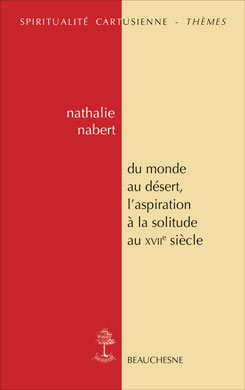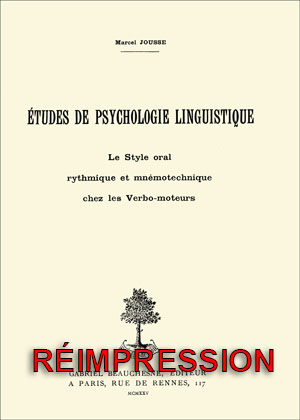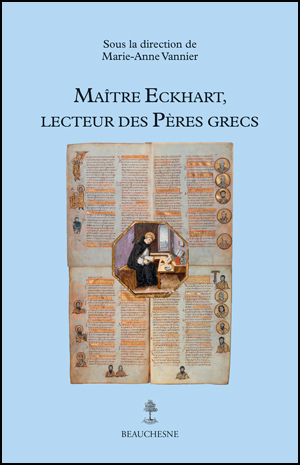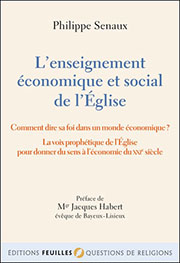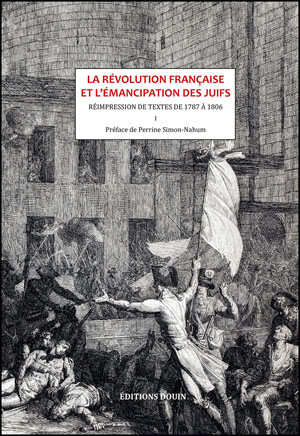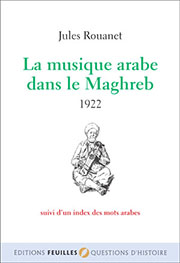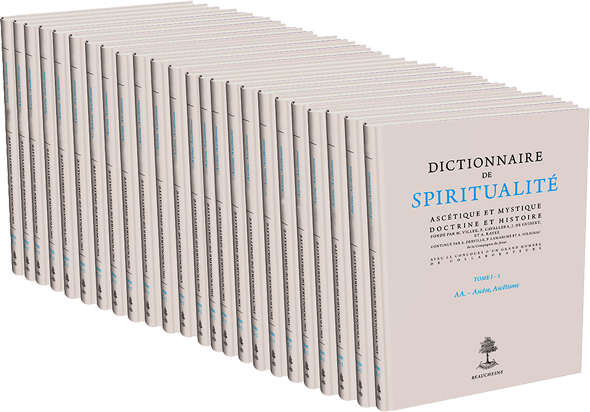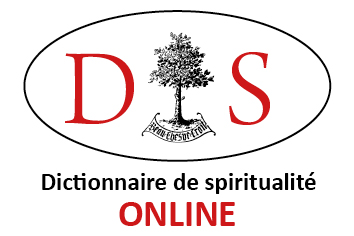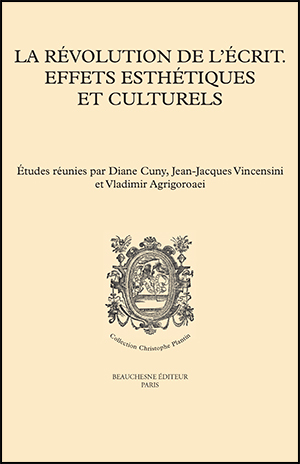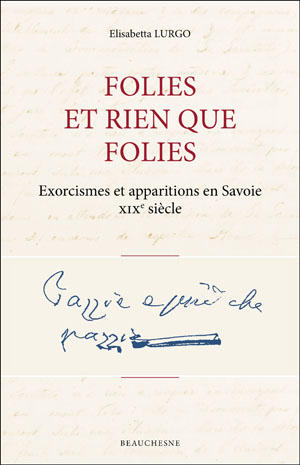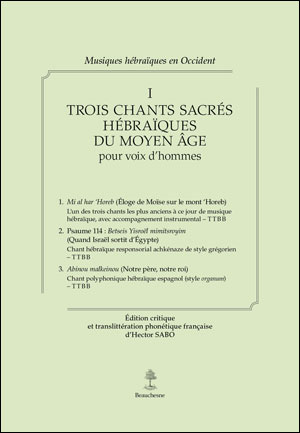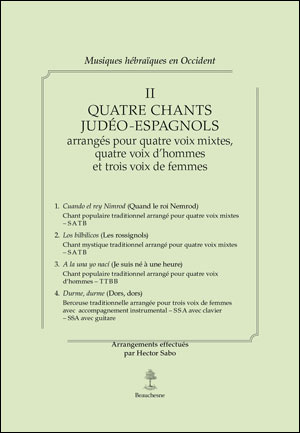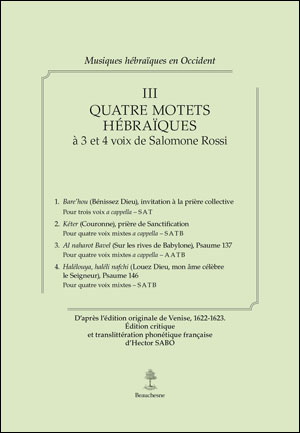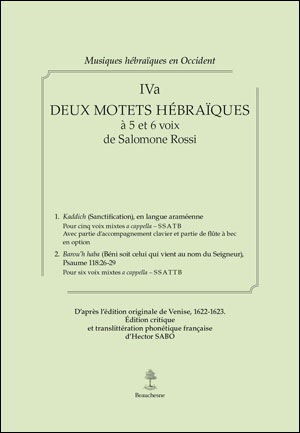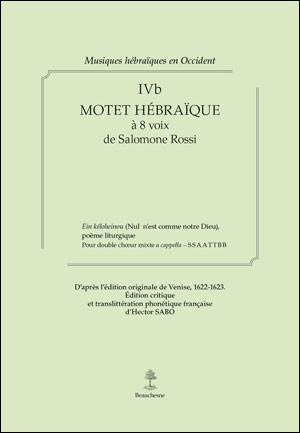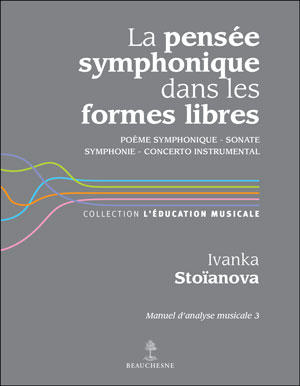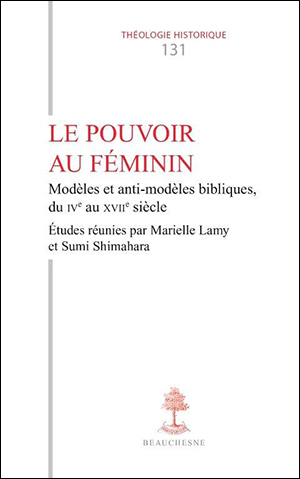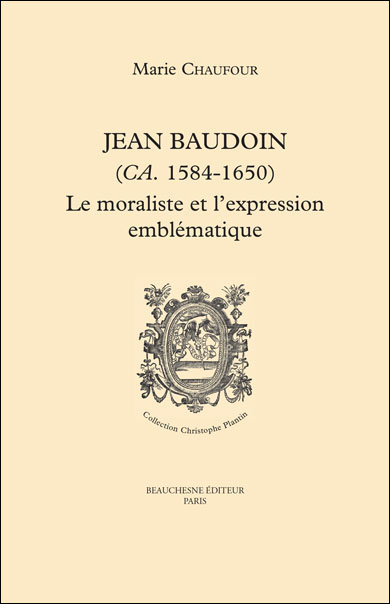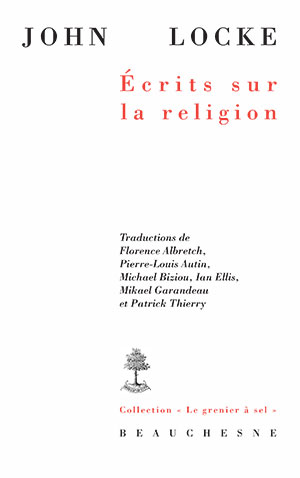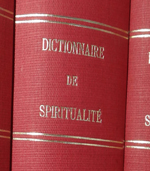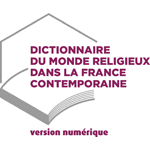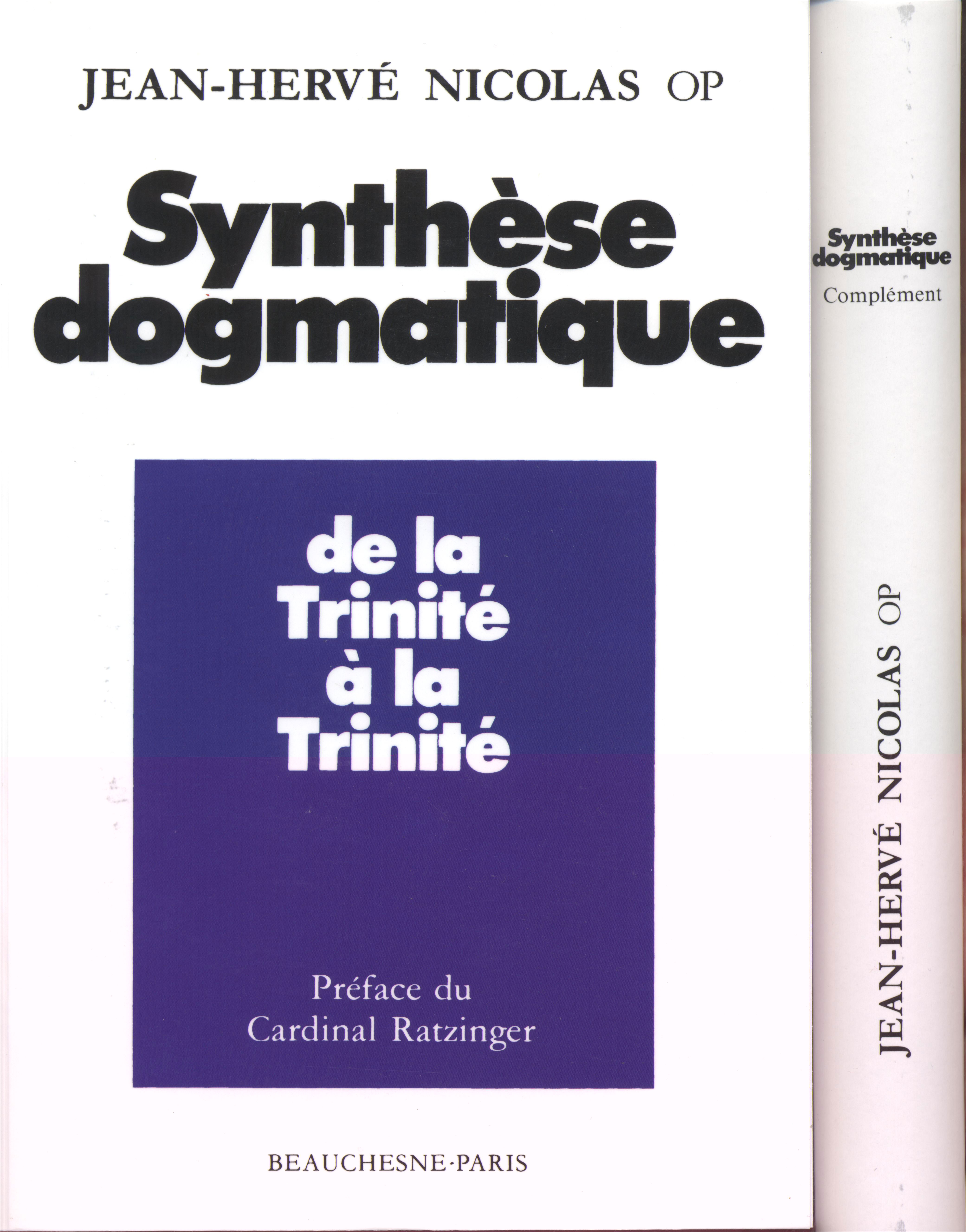129.00 €
TH n°100 L'ÉXÉGÈSE DE THÉODORET DE CYR
Date d'ajout : mercredi 19 août 2015
par Gerard H. ETTLINGER
REVUE : THEOLOGICAL STUDIES
Theodoret of Cyrus is not usually considered a major figure in the history of early Christian exegesis, although his scriptural commentaries were popular in the centuries after his death and Photius calls him one of the best of the extant exegetes. This fifth-century bishop, who testifies to his extensive pastoral activity in his diocese, was also the leader of the so-called Eastern bishops in their confrontation with Cyril of Alexandria over Nestorius. He was embroiled in the events surrounding the Council of Ephesus and played an important role in the turmoil of the following years which led to the Council of Chalcedon. He also composed doctrinal, apologetical, and historical works and left behind a substantial number of personal and official letters. Guinot shows, through a masterly and detailed analysis, that Theodoret's exegesis was a vital function of a very active life, not an ivory-tower intellectual enterprise.
Theodoret was the last in a long line of major Christian exegetes, including Origen, Eusebius of Caesarea, Gregory of Nyssa, Didymus the Blind, Diodore of Tarsus, John Chrysostom, Theodore of Mopsuestia, and Cyril of Alexandria (all in Greek), and Jerome and Augustine in Latin. After him exegesis was found primarily in catenae, anthologies of comments gleaned from earlier authors, including himself. Theodoret's commentaries on the Old Testament and the letters of Paul are extant today, while many works of the notables just mentioned have been lost.
After an introductory chapter, G. presents Theodoret's understanding of revelation, inspiration, prophecy, and scriptural discourse. Following the tradition, he maintained the inspiration and historical truth of all Scripture, as well as its unity and coherence, and attributed to its obscurity the need to expound its meaning. The central part of G.'s book deals with Theodoret's exegetical method, beginning with a general discussion of his practice of textual criticism ; his primary OT text was the Septuagint version, employed in conjunction with other Greek translations, and perhaps also with texts, or at least annotations, in Syriac and the original Hebrew.
Theodoret was trained in the Antiochene tradition, and so the literal, historical sense of the text was the controlling factor in his exegesis, although he did allow metaphorical (he did not use the term "allegory") and typological interpretations where called for. Thus he took a middle path between narrow literalism and historicism on the one hand and excessive allegorizing on the other. A typical commentary consisted of a prologue which stated his exegetical principles and placed the work in its historical context. The actual exegesis came in a running commentary, based on and following a quotation from Scripture. He discussed textual variants first and then gave his interpretation, with the help of various auxiliary disciplines, such as grammar, stylistics, history (especially important to him), geography, science (e.g. medicine, agriculture, botany, animal lore), and technology. The sense, or meaning, of a passage was determined by the text itself, and it was in this area that Theodoret displayed at least limited personal originality, a quality which few modern authors have been willing to grant him.
The final chapter, dealing with Theodoret's sources, analyzes scores of texts from his entire corpus where he refers to "certain" exegetes. While he appears to know the writings of a number of earlier authors, G. concludes that his primary direct sources were Diodore of Tarsus, Theodore of Mopsuestia, and possibly Eusebius of Caesarea ; other opinions probably came to him indirectly through these three and from available handbooks. Theodoret always acknowledged his indebtedness to a source ; but he did not hesitate to contradict or reject an earlier opinion, even if it came from a figure as important as Theodore of Mopsuestia.
Two chapters deal with Theodoret's aggressive polemic against pagan idolatry, the Jews, and heretics, and the role of the christological controversies in his exegesis. G. attributes most of the harshness found in the polemic to traditional themes, but Theodoret's active involvement in doctrinal battles may indicate that these were more than rhetorical flourishes.
In his polemic with heretics, and especially on christological issues, Theodoret carefully avoided naming the individuals with whom he was in conflict, concentrating, e.g., on Arians and Eunomians, neither of whom presented serious problems in the fifth century. Here, as in his exegetical activity, he walked a prudent path of moderation, attempting to avoid confrontation. He was successful in this endeavor until after the appearance of the Eranistes in 447 ; condemned in 449 by the so-called Robber Council of Ephesus, he was forced to make a public rejection of Nestorius before being restored to good favor at Chalcedon.
G.'s primary contribution lies in his extensive analysis of a body of exegesis on most of the OT and the letters of Paul. But G. also provides a remarkable picture of Theodoret himself -pastor and church leader, scholar and practical theologian, textual critic, historian, apologist, exegete. Living in a critical period of ecclesiastical history, he contributed to both conflict and its resolution, he endured great success and tragic failure, but emerged a survivor. This book may be highly recommended as a rich source of information on early Christian exegesis and a major contribution to the knowledge of fifth-century Christian history.
Theodoret of Cyrus is not usually considered a major figure in the history of early Christian exegesis, although his scriptural commentaries were popular in the centuries after his death and Photius calls him one of the best of the extant exegetes. This fifth-century bishop, who testifies to his extensive pastoral activity in his diocese, was also the leader of the so-called Eastern bishops in their confrontation with Cyril of Alexandria over Nestorius. He was embroiled in the events surrounding the Council of Ephesus and played an important role in the turmoil of the following years which led to the Council of Chalcedon. He also composed doctrinal, apologetical, and historical works and left behind a substantial number of personal and official letters. Guinot shows, through a masterly and detailed analysis, that Theodoret's exegesis was a vital function of a very active life, not an ivory-tower intellectual enterprise.
Theodoret was the last in a long line of major Christian exegetes, including Origen, Eusebius of Caesarea, Gregory of Nyssa, Didymus the Blind, Diodore of Tarsus, John Chrysostom, Theodore of Mopsuestia, and Cyril of Alexandria (all in Greek), and Jerome and Augustine in Latin. After him exegesis was found primarily in catenae, anthologies of comments gleaned from earlier authors, including himself. Theodoret's commentaries on the Old Testament and the letters of Paul are extant today, while many works of the notables just mentioned have been lost.
After an introductory chapter, G. presents Theodoret's understanding of revelation, inspiration, prophecy, and scriptural discourse. Following the tradition, he maintained the inspiration and historical truth of all Scripture, as well as its unity and coherence, and attributed to its obscurity the need to expound its meaning. The central part of G.'s book deals with Theodoret's exegetical method, beginning with a general discussion of his practice of textual criticism ; his primary OT text was the Septuagint version, employed in conjunction with other Greek translations, and perhaps also with texts, or at least annotations, in Syriac and the original Hebrew.
Theodoret was trained in the Antiochene tradition, and so the literal, historical sense of the text was the controlling factor in his exegesis, although he did allow metaphorical (he did not use the term "allegory") and typological interpretations where called for. Thus he took a middle path between narrow literalism and historicism on the one hand and excessive allegorizing on the other. A typical commentary consisted of a prologue which stated his exegetical principles and placed the work in its historical context. The actual exegesis came in a running commentary, based on and following a quotation from Scripture. He discussed textual variants first and then gave his interpretation, with the help of various auxiliary disciplines, such as grammar, stylistics, history (especially important to him), geography, science (e.g. medicine, agriculture, botany, animal lore), and technology. The sense, or meaning, of a passage was determined by the text itself, and it was in this area that Theodoret displayed at least limited personal originality, a quality which few modern authors have been willing to grant him.
The final chapter, dealing with Theodoret's sources, analyzes scores of texts from his entire corpus where he refers to "certain" exegetes. While he appears to know the writings of a number of earlier authors, G. concludes that his primary direct sources were Diodore of Tarsus, Theodore of Mopsuestia, and possibly Eusebius of Caesarea ; other opinions probably came to him indirectly through these three and from available handbooks. Theodoret always acknowledged his indebtedness to a source ; but he did not hesitate to contradict or reject an earlier opinion, even if it came from a figure as important as Theodore of Mopsuestia.
Two chapters deal with Theodoret's aggressive polemic against pagan idolatry, the Jews, and heretics, and the role of the christological controversies in his exegesis. G. attributes most of the harshness found in the polemic to traditional themes, but Theodoret's active involvement in doctrinal battles may indicate that these were more than rhetorical flourishes.
In his polemic with heretics, and especially on christological issues, Theodoret carefully avoided naming the individuals with whom he was in conflict, concentrating, e.g., on Arians and Eunomians, neither of whom presented serious problems in the fifth century. Here, as in his exegetical activity, he walked a prudent path of moderation, attempting to avoid confrontation. He was successful in this endeavor until after the appearance of the Eranistes in 447 ; condemned in 449 by the so-called Robber Council of Ephesus, he was forced to make a public rejection of Nestorius before being restored to good favor at Chalcedon.
G.'s primary contribution lies in his extensive analysis of a body of exegesis on most of the OT and the letters of Paul. But G. also provides a remarkable picture of Theodoret himself -pastor and church leader, scholar and practical theologian, textual critic, historian, apologist, exegete. Living in a critical period of ecclesiastical history, he contributed to both conflict and its resolution, he endured great success and tragic failure, but emerged a survivor. This book may be highly recommended as a rich source of information on early Christian exegesis and a major contribution to the knowledge of fifth-century Christian history.
Moteur de recherche www.editions-beauchesne.com
Le moteur peut rechercher dans différents champs :
- Un nom d’auteur (AUTEUR)
- Un mot du titre (TITRE)
- Un ISBN
- Un mot du texte de présentation (TEXTE)
- Un mot du sommaire ou de la table des matières (SOMMAIRE).
La recherche dans les champs TEXTE et SOMMAIRE peut être un peu longue.
En cliquant sur un resultat la fiche du livre correspondant s'ouvre dans un nouvel onglet.
Search engine www.editions-beauchesne.com
The engine can search in different fields:
- An author's name (AUTEUR)
- A word from the title (TITRE)
- An ISBN
- A word from the presentation text (TEXTE)
- A word from the summary or the table of contents (SOMMAIRE).
The search in the TEXTE and SOMMAIRE fields may take some time.
Clicking on a result open the book's sheet in a new tab.

